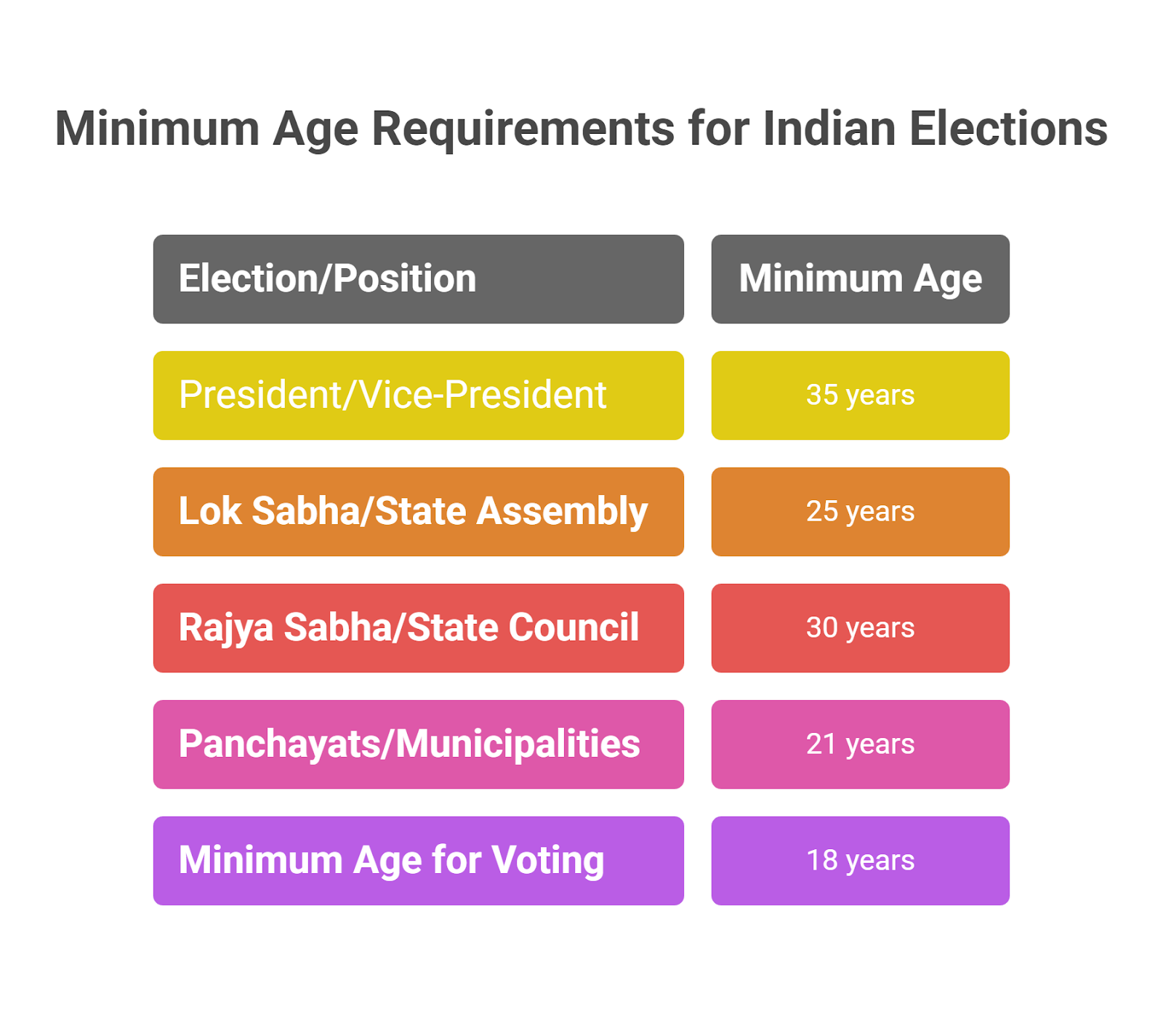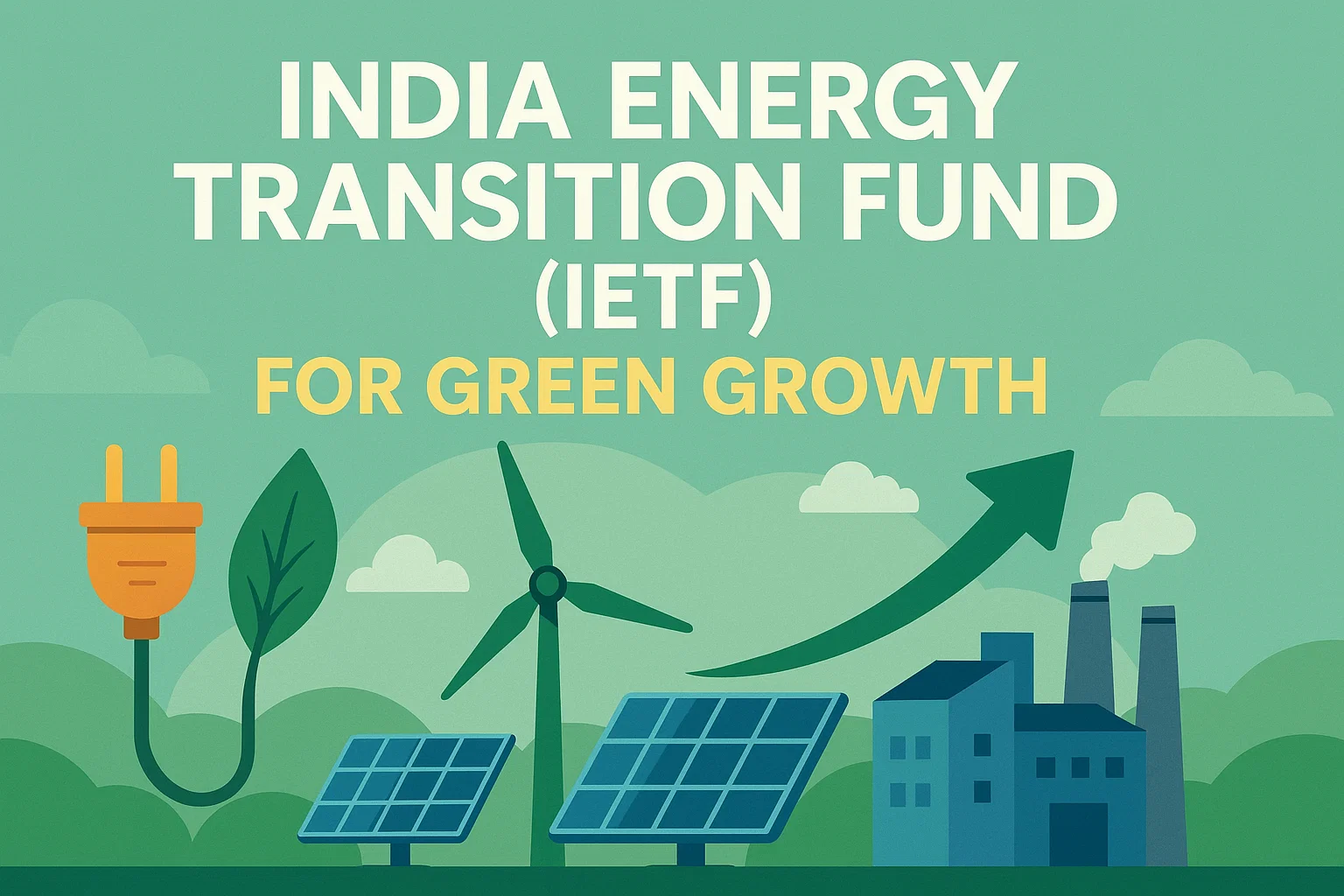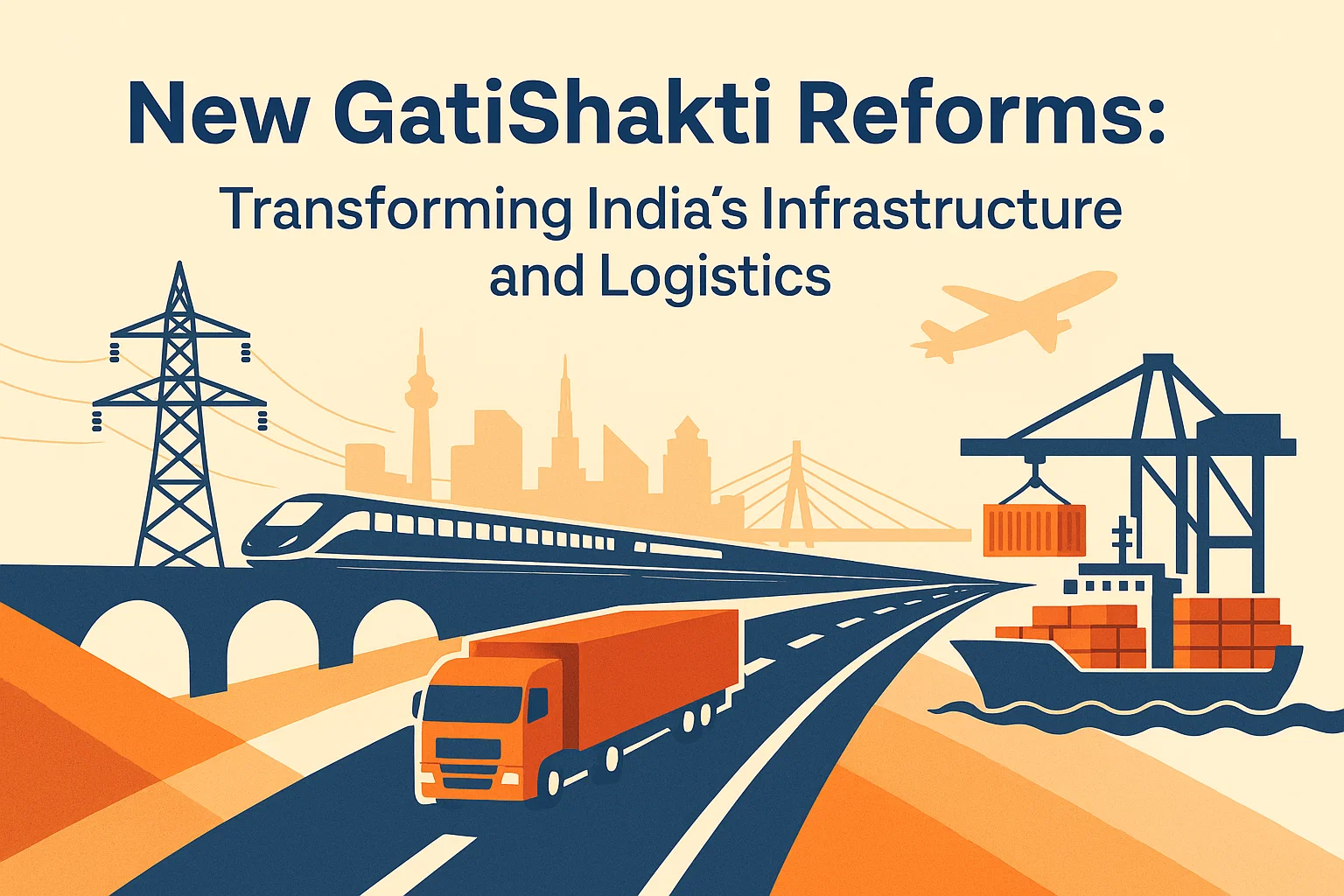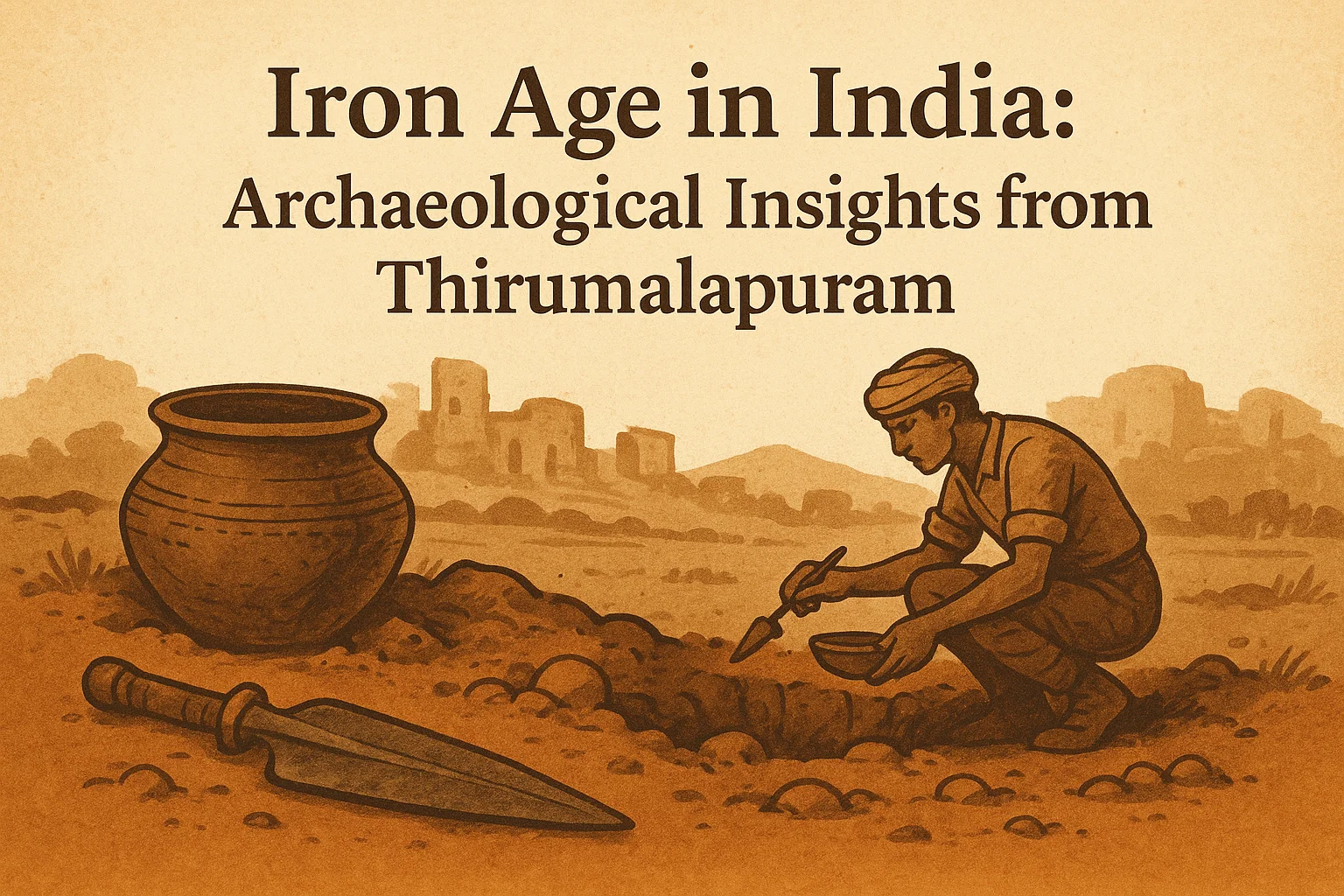Font size:
Print
Minimum Age to Contest Assembly Polls
Context: On the birth anniversary of former Prime Minister Rajiv Gandhi, Telangana Chief Minister A. Revanth Reddy declared that the Congress party would amend the law to reduce the minimum age for contesting Assembly elections from 25 to 21 years.

How can the minimum age be changed for all elections in India?
Changing the minimum age to contest elections requires a Constitutional Amendment because the provisions are embedded in the Constitution itself (Articles 84 and 173). The process is rigorous and involves the following steps:
- Introduction of a Constitutional Amendment Bill: The bill must be introduced in either house of Parliament.
- Special Majority Passage: The bill must be passed in each house by a special majority – that is, a majority of the total membership of that house and a majority of not less than two-thirds of the members of that house present and voting.
- Ratification by States: If the amendment affects federal structure or representation (which an amendment to Articles 84 and 173 likely would), it must also be ratified by the legislatures of not less than one-half of the states.
- Presidential Assent: After clearing Parliament and, if necessary, the states, the bill is presented to the President for assent, after which it becomes law.
What can be the implications of reducing the minimum age for contesting elections in India?
Reducing the minimum age to contest elections is a double-edged sword with several potential implications:
- Potential Advantages:
- Enhanced Youth Representation: It could lead to greater inclusion of young voices in legislatures, making the law-making process more reflective of the aspirations of India’s large youth population.
- Fresh Perspectives: Younger lawmakers could bring innovative ideas, technological savvy, and new approaches to solving persistent problems like unemployment, education reform, and climate change.
- Increased Political Engagement: Lowering the barrier to entry could motivate more young people to engage with the political process beyond just voting, strengthening democratic participation.
- Potential Challenges and Disadvantages:
- Lack of Experience: Critics argue that individuals aged 21 might lack the necessary life experience, maturity, and administrative understanding to handle complex legislative and governance issues.
- Vulnerability to Manipulation: Young candidates could be more susceptible to manipulation by senior party leaders, corporate interests, or other powerful entities, potentially becoming proxy representatives rather than independent voices.
- Financial and Political Hurdles: Election campaigning requires significant resources and political networking. Younger individuals may find it disproportionately difficult to compete against established, older politicians with deeper pockets and stronger networks.
- Tokenism: There is a risk that parties might field young candidates as token symbols without giving them real power or responsibility, failing to achieve the goal of genuine representation.


